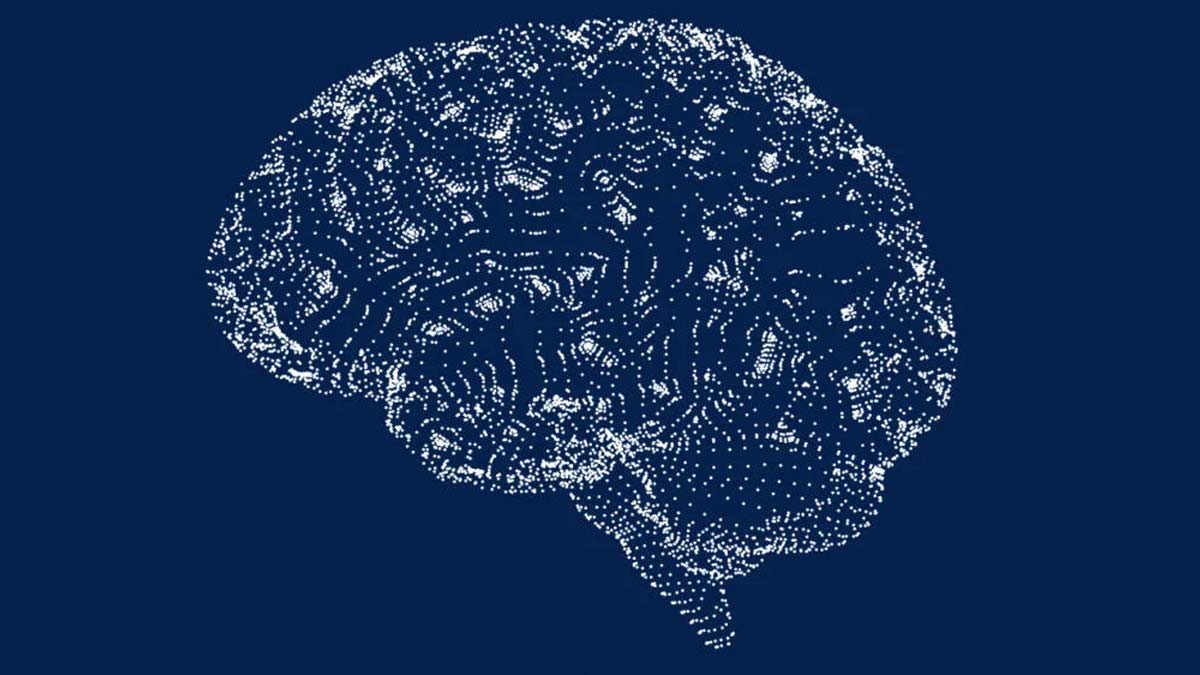
Parkinson's disease, the fastest-growing neurodegenerative disorder globally, has been increasing at an alarming rate. According to the World Health Organization, over 8.5 million people were living with Parkinson's disease in 2019. This number has more than doubled since 1990, highlighting the urgent need for better understanding and new approaches to tackle this debilitating condition.
Table of Content:-
Rising Incidence and Risk Factors
The likelihood of developing Parkinson's disease increases with age, with men being 50% more likely to develop it than women. Besides aging, several other factors contribute to the risk, including genetic predisposition, exposure to environmental toxins, and a history of traumatic brain injury. These elements collectively influence the onset and progression of Parkinson's disease, making it a multifaceted health challenge.
Understanding Parkinson's Disease Symptoms
Parkinson's disease primarily affects the basal ganglia, a brain region responsible for controlling movement. The disease damages nerve cells in this area, leading to a significant reduction in dopamine, a crucial neurotransmitter. This loss results in various symptoms, such as tremors, muscle stiffness, slow movements, impaired balance and coordination, emotional changes, and gastrointestinal issues. The complex symptomatology of Parkinson's disease necessitates a comprehensive approach to diagnosis and treatment.

The Gut-Brain Connection
Emerging research suggests that gut health may play a critical role in Parkinson's disease. Studies have indicated that an imbalance in gut microbiota could contribute to the disease's development. A recent study conducted in five countries found a significant reduction in bacterial genes responsible for producing riboflavin (vitamin B2) and biotin (vitamin B7) in individuals with Parkinson's disease.
Also Read: Zika Virus Cases Reported In Pune, Total Tally Rises To Six
Insights from the Recent Study
The study, led by scientists at Nagoya University Graduate School of Medicine in Japan and published in npj Parkinson's Disease, analyzed the gut microbiota of people with and without Parkinson's. Using faecal samples and advanced genetic sequencing techniques, the researchers observed notable differences between the two groups. Regardless of geographic location or bacterial species present, those with Parkinson's had markedly lower levels of bacterial genes involved in synthesizing riboflavin and biotin.
The Role of Vitamin B2 and B7
Both riboflavin (B2) and biotin (B7) are essential vitamins involved in metabolizing carbohydrates, fats, and proteins into glucose, which the body uses for energy. They also support the immune system and possess anti-inflammatory properties. A deficiency in these vitamins can have far-reaching effects on overall health, including potential impacts on neuroinflammation, a key feature of Parkinson's disease.
Also Read: 93 Ill After Consuming Contaminated Water In Maharashtra Village; Most Common Waterborne Diseases
Intestinal Permeability and Inflammation
A reduction in genes for riboflavin and biotin was also associated with decreased levels of short-chain fatty acids and polyamines in the faeces of individuals with Parkinson's. These substances play a vital role in maintaining the intestinal mucus barrier. When this barrier is compromised, the intestine becomes more permeable, allowing toxins to enter the bloodstream and potentially increasing neuroinflammation.
Implications for Parkinson's Disease Symptoms
The increased intestinal permeability and subsequent release of bacterial products into the bloodstream could stimulate immune responses and inflammation, potentially exacerbating Parkinson's disease symptoms. While these findings add to the growing body of evidence linking gut health to Parkinson's, they also underscore the need for further research to establish causality and develop targeted interventions.
Moving Forward: Caution and Potential
Despite the intriguing connections highlighted by this study, experts urge caution. The current data is insufficient to recommend therapeutic interventions such as vitamin B2 and B7 supplements for Parkinson's patients. The relationship between the gut microbiome and Parkinson's disease is complex, and more research is needed to understand the mechanisms involved fully.
Bottomline
The study conducted by Nagoya University researchers provides valuable insights into the potential role of vitamin B deficiencies and gut microbiota in Parkinson's disease. While it opens new avenues for exploration, it also emphasizes the need for cautious interpretation and further investigation. Understanding the intricate interplay between the gut and the brain could pave the way for novel approaches to managing and potentially preventing Parkinson's disease in the future.
How we keep this article up to date:
We work with experts and keep a close eye on the latest in health and wellness. Whenever there is a new research or helpful information, we update our articles with accurate and useful advice.
Current Version